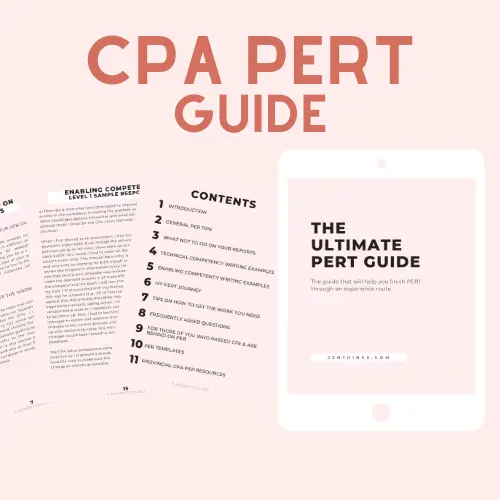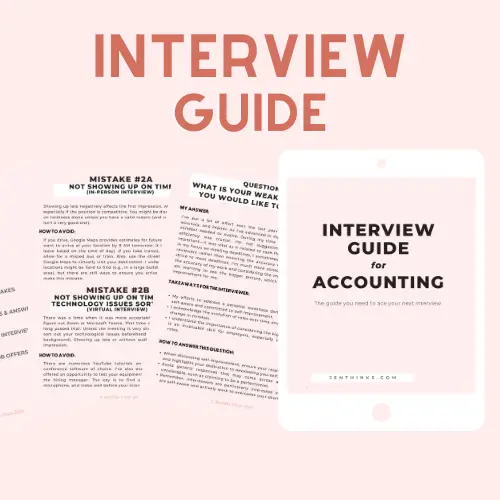This month marks the 10th Anniversary of Financial Literacy Month! Every November, the Financial Consumer Agency of Canada (FCAC) works with organizations in Canada to promote financial literacy. In 2020, they have chosen to focus on helping Canadians gain financial confidence by providing free, practical financial tips and tools. To celebrate, I will be writing a series of posts on different topics of personal finance. Let’s learn about money!
The first Financial Literacy Month event I participated in was the Financial Literacy Virtual World Tour hosted by CPA Canada. I am sharing what I learned at the conference here but I encourage everyone to watch the free recording available until Dec 31, 2020.
financial literacy is like water in an ecosystem – one of the many ingredients needed for one’s financial life to flourish
TIAA Institute – GFLEC Personal Finance Index (2020)
For a full list of events, check out the FCAC database here.
What Is The CPA Canada’s Financial Literacy Program?
A free financial literacy education program designed for the general public by CPA Canada sponsored by Canada Life. The education programs are delivered by volunteers who are active or retired CPAs.
Check out the free resources provided by CPA here.
Does It Cost To Attend The CPA Financial Literacy Virtual World Tour?
No, it is completely free. In fact, the 4-hour online conference is available here until Dec 31, 2020. For current CPAs, attendance to the event is eligible for verifiable CPD hours (number of hours is determined by your provincial body).
2020 CPA Canada Canadian Finance Study
- conducted every 2 years
- in 2020, over 2,000 Canadians representative of our demographic participated in the study
- survey took place 6 months into the pandemic in Sept 2020
- full study can be found here: CPA Canada Canadian Finance Study
Finding Highlights
- 1 in 3 say their stress level regarding money matters has increased due to COVID-19
- 1 in 3 directly experienced job loss or reduction in hours, half of these under 35
- 1 in 5 expect to need to work past the age of 65 in order to make ends meet
- almost half of the respondents have a household budget and having one is correlated (note, not causation) to being less stressed about money
- 99% of Canadians have a bank account
- savings accounts, TFSAs and RRSP are the top 3 types of investments/accounts held
RELATED POST – What You Can Do to Prepare for A Recession – Part 1
Global Financial Literacy Excellence Center (GFLEC) Presentation
by Annamaria Lusardi
Finding Highlights
- 61% of Americans had not tried to figure out how much to save for retirement before the pandemic
- 1 in 3 families were financially fragile (e.g., could not come up with $2,000 if an unexpected need arose within the next month) before the pandemic
- from 2017 to 2020, the demographic groups that improved in financial knowledge are the ones that were already more knowledgeable, i.e., males and people aged from 18-29
- people with greater financial literacy are more likely to save and plan for retirement and are less likely to be financial fragile
- amongst the group that scored the lowest on the financial literacy test, they reported spending an average of 12 hours per week worrying about financial issues
source: TIAA Institute – GFLEC Personal Finance Index (2020)
RELATED POST – Is $1.5 Million Enough To Retire at 55?
OECD/INFE 2020 International Survey of Adult Financial Literacy
by Kiril Kossev
- 26 countries participated in the study with a total of 125,787 participants
- all adults aged 18 or over
- conclusion: the pandemic presented an opportunity for policymakers to re-focus on the importance of financial literacy
RELATED POST – A Round-Up of Articles That Will Help You Become A Stronger CPA Candidate
Finding Highlights
- participants from Hong Kong, Slovenia & Austria scored the highest on financial literacy and participants from Italy, Romania and Colombia scored the lowest
- only 50% of the respondents were able to answer 5 or more out of 7 basic, simple financial knowledge questions correctly (5/7 was the “passing grade”)
- an average of 30% of respondents have one week or less’ worth of emergency savings if they lose their main income source
- half of the respondents considered their financial situation as a stressor to their well-being, instead of a positive contribution before the pandemic
- men scored higher on financial knowledge and financial well-being than women; young people (aged 18 – 29) and seniors (aged 60 and above) scored lower in financial literacy
source: OECD/INFE 2020 International Survey of Adult Financial Literacy
Financial Capability Research Presentation
by Dr. Emily Heath
Finding Highlights
- the sources of financial mistakes were errors in thinking, errors in feelings and errors in execution; e.g., cognitive biases such as loss aversion (we feel the pain of loss roughly twice as much as the joy of gains)
- our emotions can override our rational minds supported by MRI scans of brain activity in the rational and emotional parts of our brain
- people feel the pain of spending more when they use cash instead of credit card or virtual payment method, supported by MRI scans
- 1 in 5 Australians don’t talk about money with anyone including their family
- people who are vulnerable are far more likely to report that they are unable to ask questions that will help them get better financial deals and talk about money
- less than 1 in 3 people would attend a financial education program, even if they are paid
People aren’t poor because they make bad decisions, they make bad decisions because they are poor.
Sendhil Mullainathan
source: How to Really Build Financial Capability
What Were My Biggest Takeaways From The CPA Financial Literacy Virtual World Tour?
- the pandemic has reminded the world and highlighted the importance of financial literacy education
- money should never be a taboo topic; in fact, people should discuss and share knowledge with their family and friends
- there is a large discrepancy between financial knowledge between nations
- women, young people and seniors are the groups that scored the lowest in financial literacy
- it’s now more important than ever to bring financial literacy program to people virtually
Let’s talk about money.


